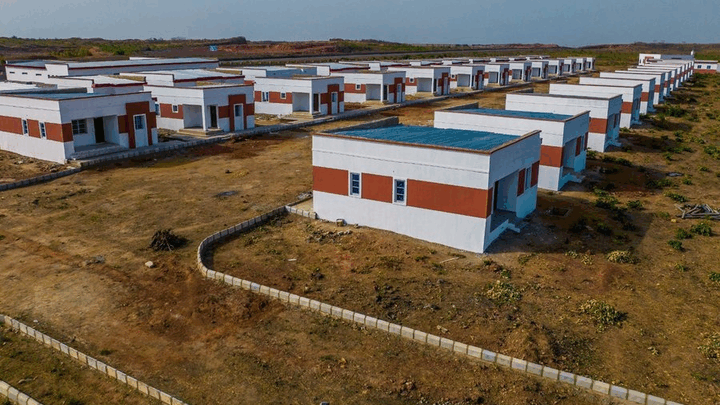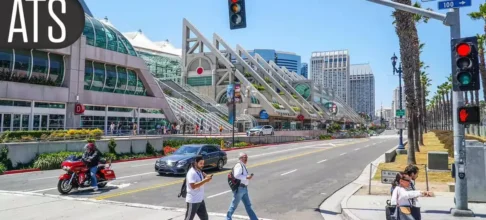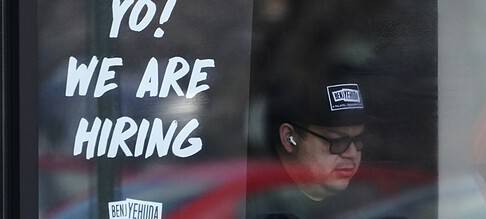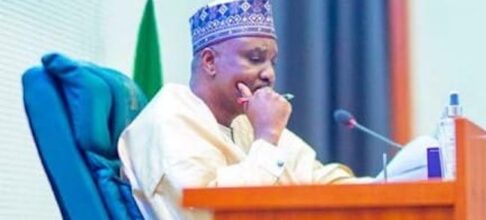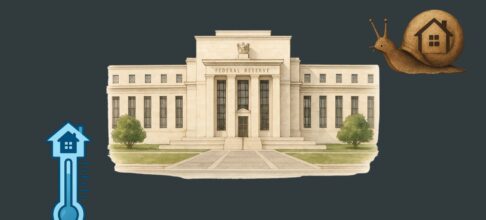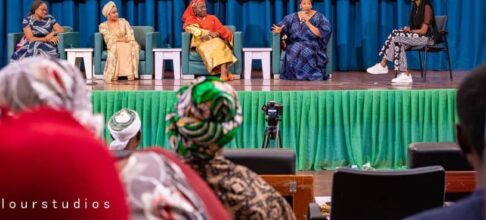The Qatar Sanabil Project is a partnership between the Kaduna State Government and Qatar Charity, designed to offer integrated support through housing, education, healthcare, and economic empowerment.
According to Sani, the inaugurated phase provides shelter for displaced families and ensures access to education through a newly constructed, fully equipped school. A clinic built as part of the project will offer essential health services to the resettled communities.
The initiative also includes economic tools to support self-reliance among affected populations. The state government has distributed tricycles, cargo bikes, grinding machines, salon kits, and welding equipment to widows, unemployed youths, and others to help restore their livelihoods. “We understand that sustainable rehabilitation must include pathways to productivity,” the governor said. “True empowerment lies in enabling people to stand on their feet with pride and purpose.”
Governor Sani described the collaboration with Qatar Charity as rooted in shared values of justice, dignity, and compassion rather than philanthropy alone. “With these housing units and a model economic city, we are laying the groundwork for a future where every citizen has access to decent shelter, healthcare, education, and a means of livelihood,” he added.
The governor revealed that when completed, the Qatar Sanabil Project would benefit over 500,000 vulnerable citizens across Kaduna through its mass housing and economic city components.
Sani thanked Qatar Charity for its interventions in Nigeria and praised its commitment to transparency and impact-driven development. He also expressed appreciation to the Qatari Ambassador to Nigeria, Ali Bin Ghanem Al-Hajri, for his support in actualising the project, and to Sheikh Hamdi Abdu, the Country Director of Qatar Charity in Nigeria.
Governor Sani acknowledged the federal government’s role in supporting security and development efforts in the state. He credited President Bola Ahmed Tinubu for his leadership and commitment to a safer Kaduna, and also recognised the efforts of National Security Adviser Nuhu Ribadu and Minister of Defence Mohammed Badaru Abubakar.
He noted the Kaduna Peace Model—a local initiative focused on dialogue, security coordination, and community involvement—as a foundation for the relative peace achieved in recent months.
Looking forward, Governor Sani assured residents that Tuesday’s commissioning was only the beginning of a broader plan. “Phase One is a foundation,” he said. “Phase Two and beyond will build upon it.”


